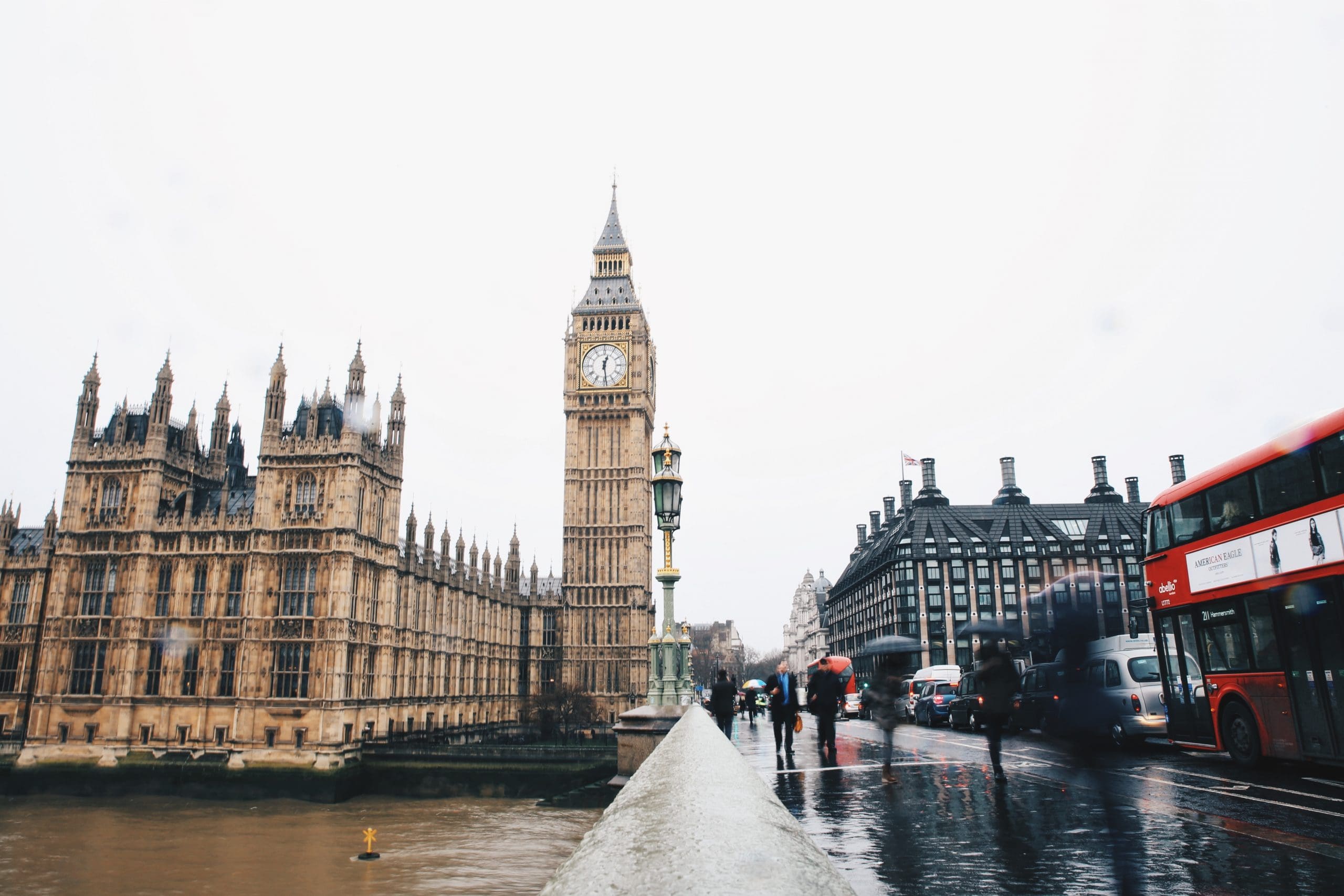I’ve spent my summer working at the CPPP office helping communicate our vision. In between interim planning and Kids Count events, I had the chance to take two weeks off and fly to England for a two-week global media policy summit at the University of Oxford. My experience moving from the state and local level to the global level shed new light on parallels and differences in political trends.

The day before I arrived at Oxford, voters in the United Kingdom narrowly voted to leave the European Union. There has been plenty of great commentary on the Brexit vote, which I don’t need to repeat. Instead, I’d like to offer three observations as a Texan who identifies as a Latino millennial and studies communications.
Talking with peers from Iran, the EU and Latin America, I saw my own culture more clearly. By culture I am not just referring to my ethnic identity but the assumptions I make as a United States citizen. For example, many of my colleagues from across the world live in restrictive media regimes, where freedom of expression and speech are not guaranteed in practice. It was a reality check when someone told me they preferred not to be tagged or appear in social media for security purposes.
My colleagues had good reason to be worried. Freedom House, a non-partisan organization, recently concluded, “Press freedom declined to its lowest point in 12 years in 2015, as political, criminal, and terrorist forces sought to co-opt or silence the media in their broader struggle for power.”
My peers in the EU talked about difficulties getting their message out to the right audience, something that also guides my work. The internet by its nature provides a wealth of choices when it comes to news sources. As a result, it is easy to get information from sources I ideologically agree with and share it with a circle of like-minded friends on social media. Political campaigns are no different, as I’ve written before about how U.S. political campaigns are using data driven strategies to mobilize ideologically sympathetic voters.
For example, many of my European peers working to combat violent extremism worry about cutting though the information fog to reach the right people.
Finally, I realized there’s a world-wide challenge to basic freedoms in liberal democracies. I was inspired by the words of Center for Public Policy Priorities Executive Director Ann Beeson writing in the Dallas Morning News in March. She said, “It is time to stop the epidemic of hate in America.” Unfortunately, this message has become even more pressing with recent heartbreaking events. And while America has it’s own unique racial and political history, we are not alone in the world among places dealing with changes in demographics and economics. My peers in Europe told me some extreme leaders in their home countries have decided to advance their own agendas by promoting fear and hate of immigrants. There even were some calls on social media for a Texas style “Texit” from the United States.
Texas has an opportunity in this critical moment in history. We can embrace change and move forward or succumb to fear and shrink from the world. Texas demographically looks a lot like the United States will look in 30 years. Breaking free from the rest of the U.S. (ala Brexit) is not an option, and we shouldn’t shirk our opportunity to lead. We can drive the world conversation in shunning those who spread hate by elevating respectful debate.
On the plane from New York City back to Austin, I looked out my window, trying to orient my geography and search for the harbor. I spotted the green silhouette of the Statue of Liberty that so many people in the past waited years to glimpse. I had an intense sense of hope, that even despite our challenges, our nation and state could rise to them.
Arthur D. Soto-Vásquez is the Communications Intern for CPPP. He is also a Doctoral Fellow at American University in Washington, D.C. researching U.S. Latinos, political communication, and digital technologies.
